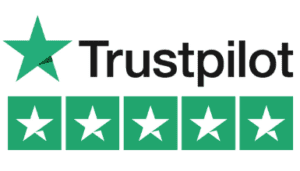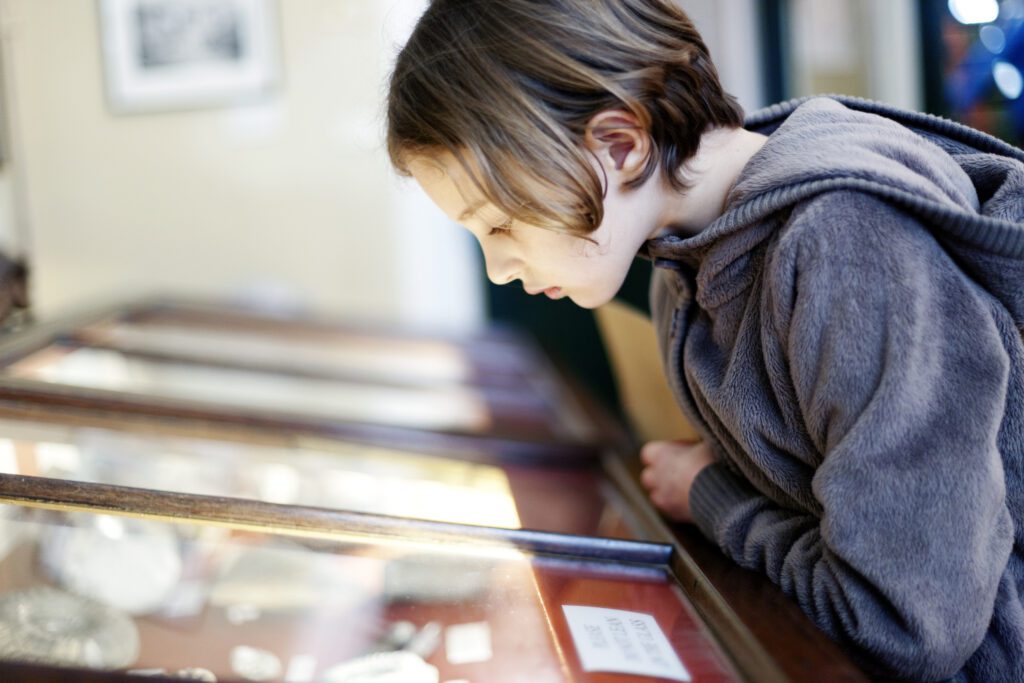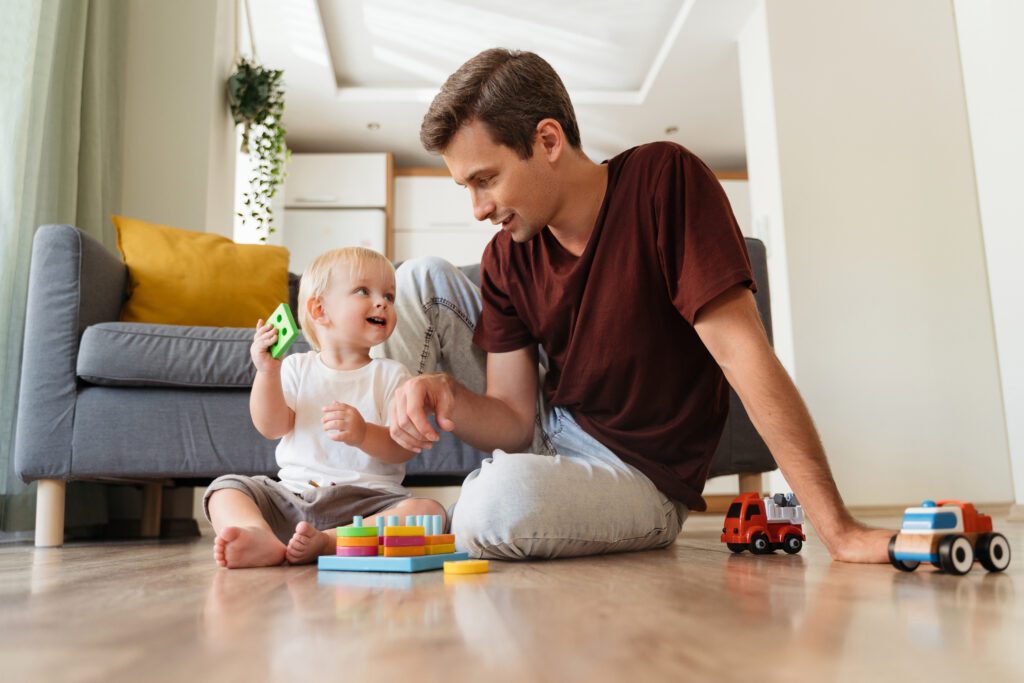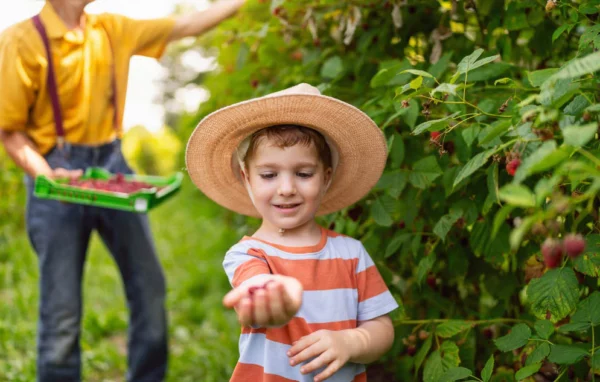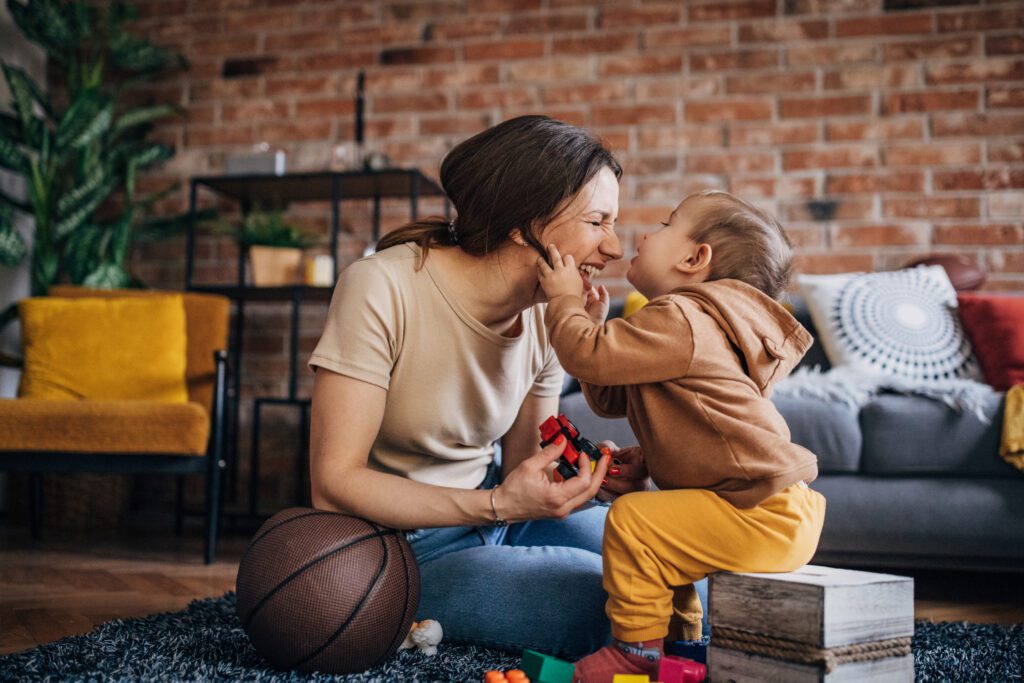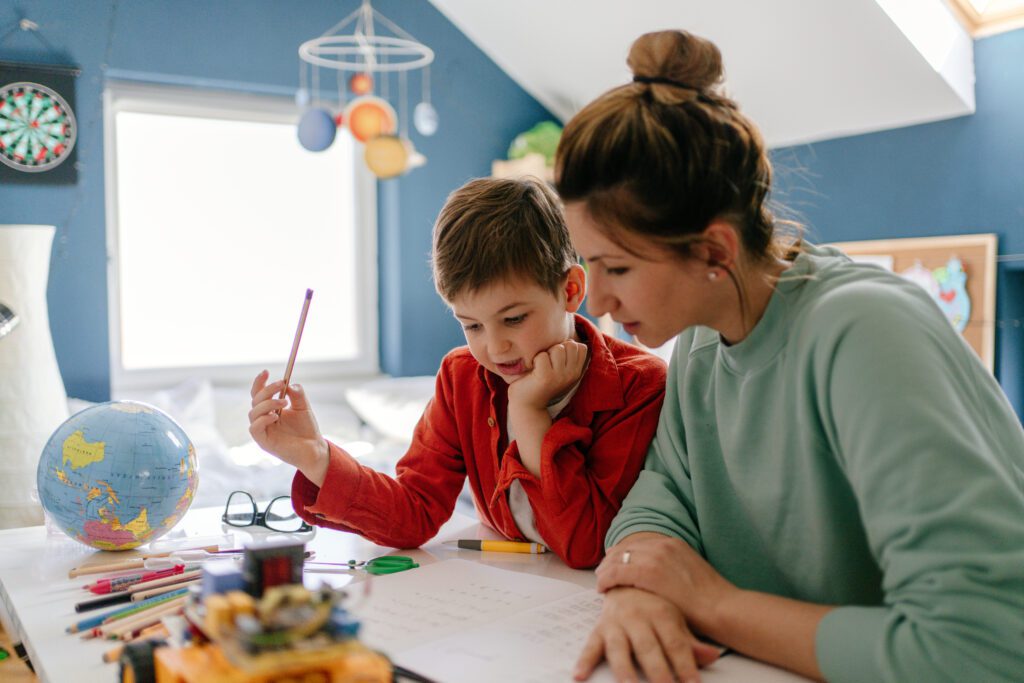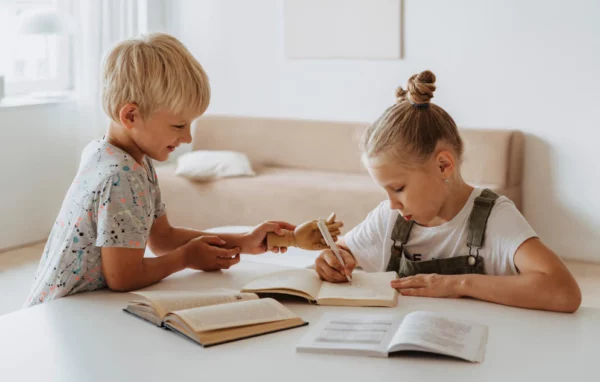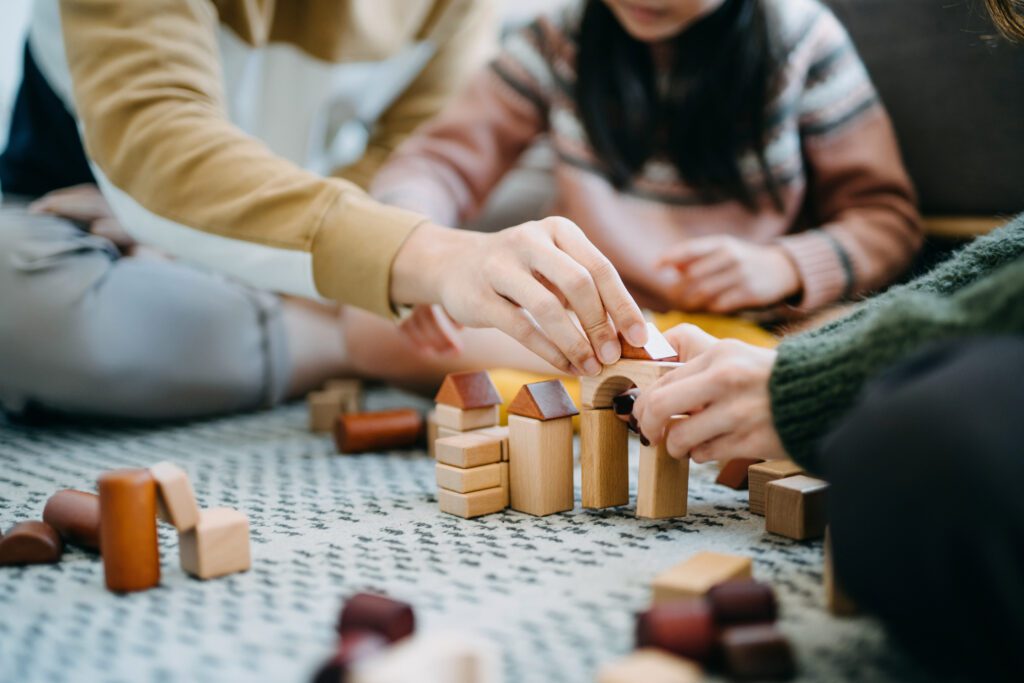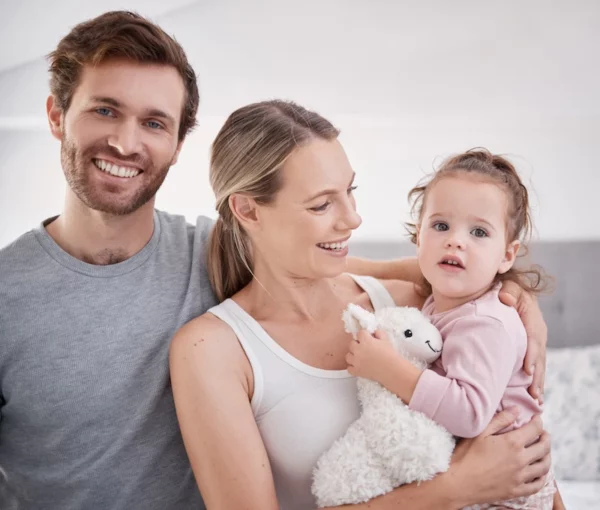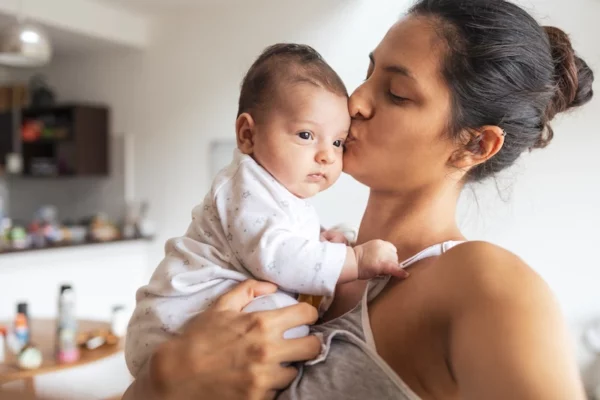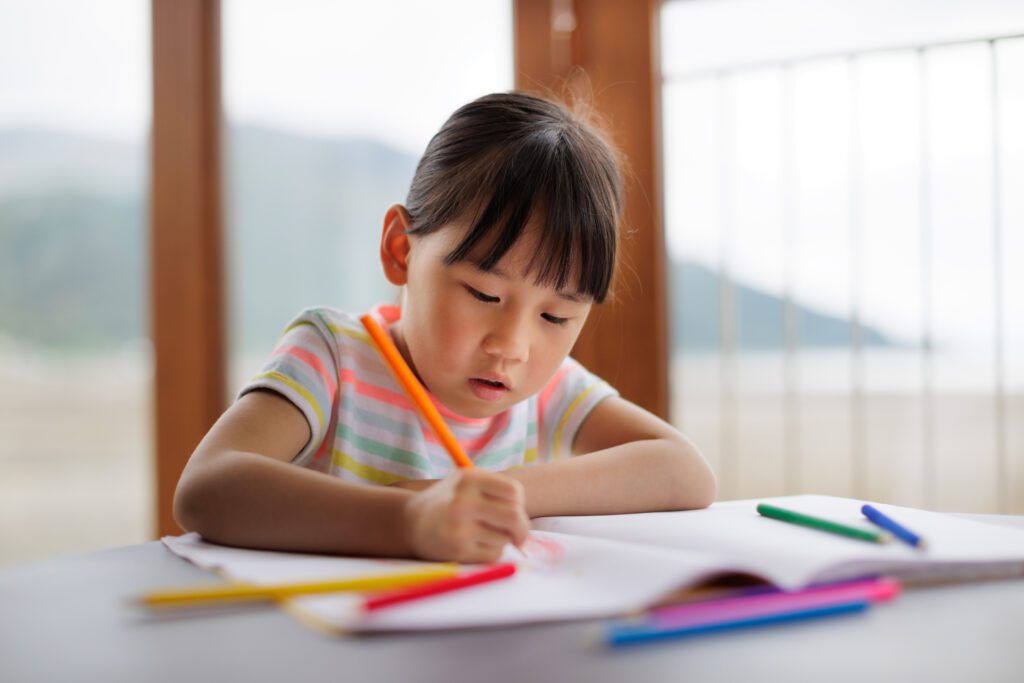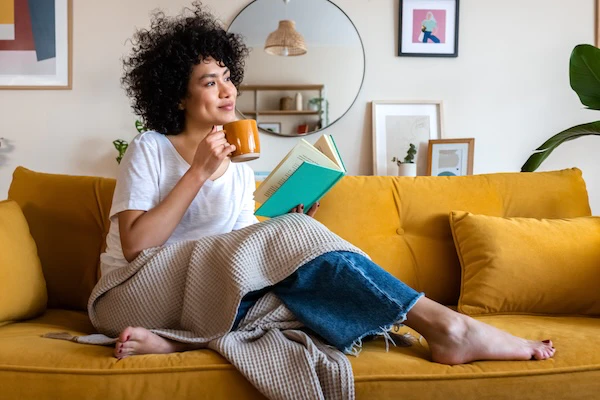Resources
Welcome to our Resources section, designed for parents, childcarers, nurseries, and anyone in childcare.
Our Blog features regular updates with industry insights and experiences. In the Knowledge section, you’ll find curated articles with tips, activities for children, childcare advice, and parenting guidance. Our Downloads give you helpful materials like guides, templates, and colouring books. Explore our Case Studies to read how Tinies have supported other parents, nurseries and childcarers.
We hope you find these resources valuable and encourage you to share them with friends and family.
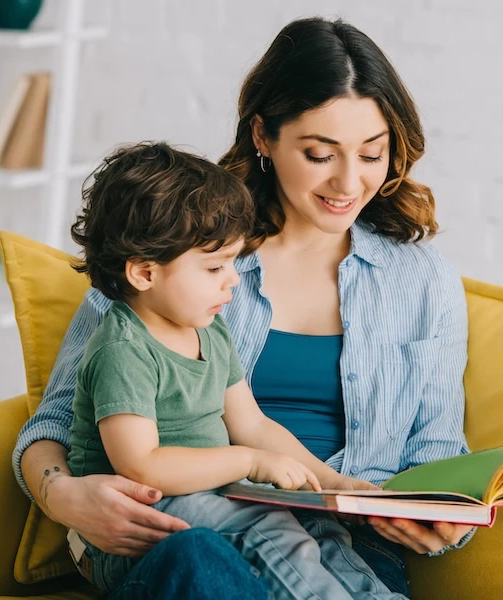
Blogs
Downloads
Frequently Asked Questions
Lorem ipsum dolor sit amet, consectetur adipiscing elit. Ut elit tellus, luctus nec ullamcorper mattis, pulvinar dapibus leo.
Lorem ipsum dolor sit amet, consectetur adipiscing elit. Ut elit tellus, luctus nec ullamcorper mattis, pulvinar dapibus leo.

